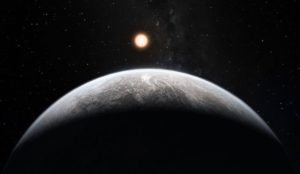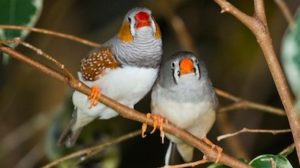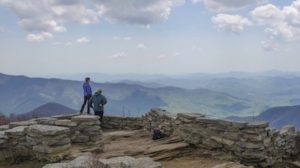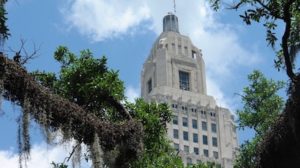
Science and Culture Today | Page 581 | Discovering Design in Nature


Do Animals Recognize Beauty?
“Make Mine Dill”

Beauty as Evidence for Intelligent Design

Fossil Turaco Is Yet Another Failed Biogeographical Prediction for Neo-Darwinism

West: Louisiana Science Education Act Is Important as a “Stereotype Breaker”

Richards: Using Artificial Intelligence to Sell the Welfare State

Rafting Stormy Waters: When Biogeography Contradicts Common Ancestry

The “I Won’t Debate” Tactic






































